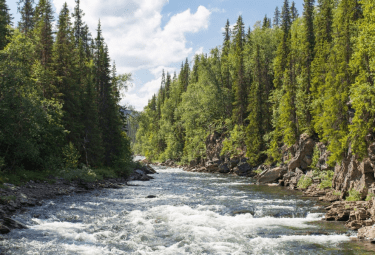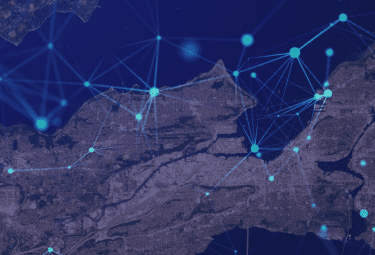Innovation to Impact. See you at the July ESIP Meeting.
Welcome 2022 Community Fellows
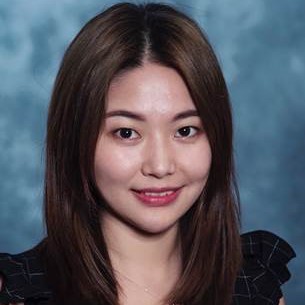
Meet the 2022 Community Fellows
ESIP Community Fellows are graduate students interested in bridging the gap between informatics and Earth science. The 2022 Community Fellows support ESIP's collaboration areas and biannual meetings in January and July, helping care for the social and technology infrastructure that enables community evolution of Earth science data systems. All while writing dissertations and papers, keeping up with research and taking tech and tools to new heights, depths and uses in their studies.
This year's class of Community Fellows span many Earth science and data science fields, bringing together an interdisciplinary force of enthusiasm, technical domains, research questions and collaboration.

Qian Huang
Disasters Lifecycle Cluster
Qian is a Ph.D. student in Hazard & Vulnerability Research Institute and a GIS research assistant in the Center of Rural & Primary Healthcare at the University of South Carolina. She is also a Big Data Health Science Center Inaugural Health GIS Scholar. Her research mixes GIScience and social science to examine the spatial and age disparities in COVID-19 outcomes and to investigate its interactions with natural hazards such as hurricanes, flooding, and wildfires.

James (Jim) Coll
Cloud Computing Cluster
Jim is a doctoral Candidate of Geography in the University of Kansas Geography and Atmospheric Science department. With research interests broadly encompassing the intersection of GIScience and Hydrology, his dissertation pursues advancements in geospatial flood mapping techniques and the integration of drone observations into hydraulic modeling efforts. Currently, Jim works as a National Water Model Hydroscience developer at the University of Alabama through the Cooperative Institute for Satellite Earth System Studies.
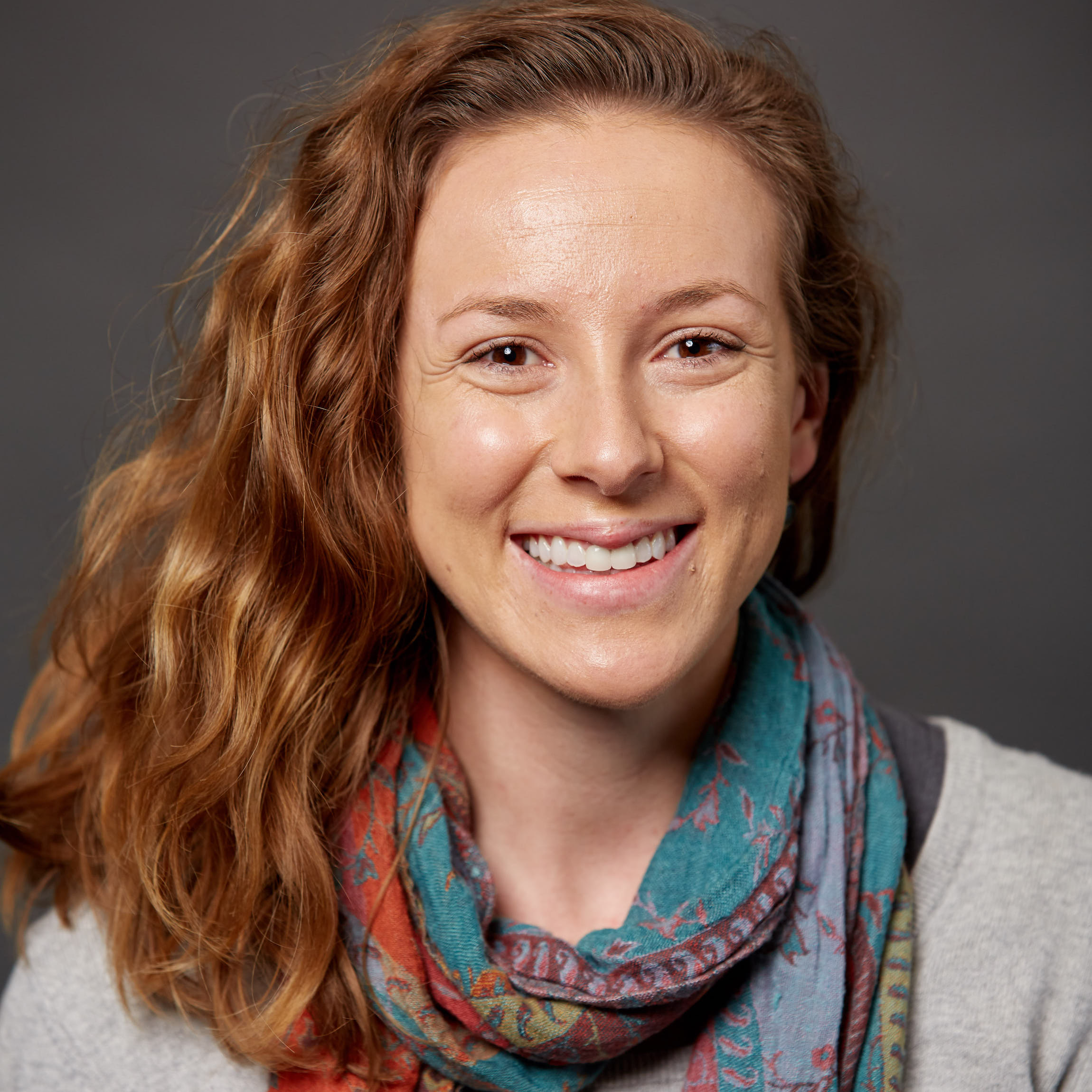
Sara Lafia
Semantic Technologies Committee
Sara Lafia is a Postdoctoral Research Fellow in the Inter-university Consortium for Political and Social Research (ICPSR) at the University of Michigan. She holds a Ph.D. in Geography from UC Santa Barbara. In her current research, she is using machine learning and scientometric techniques to analyze the impact of data curation activities on data reuse. She also has expertise in geospatial semantics.
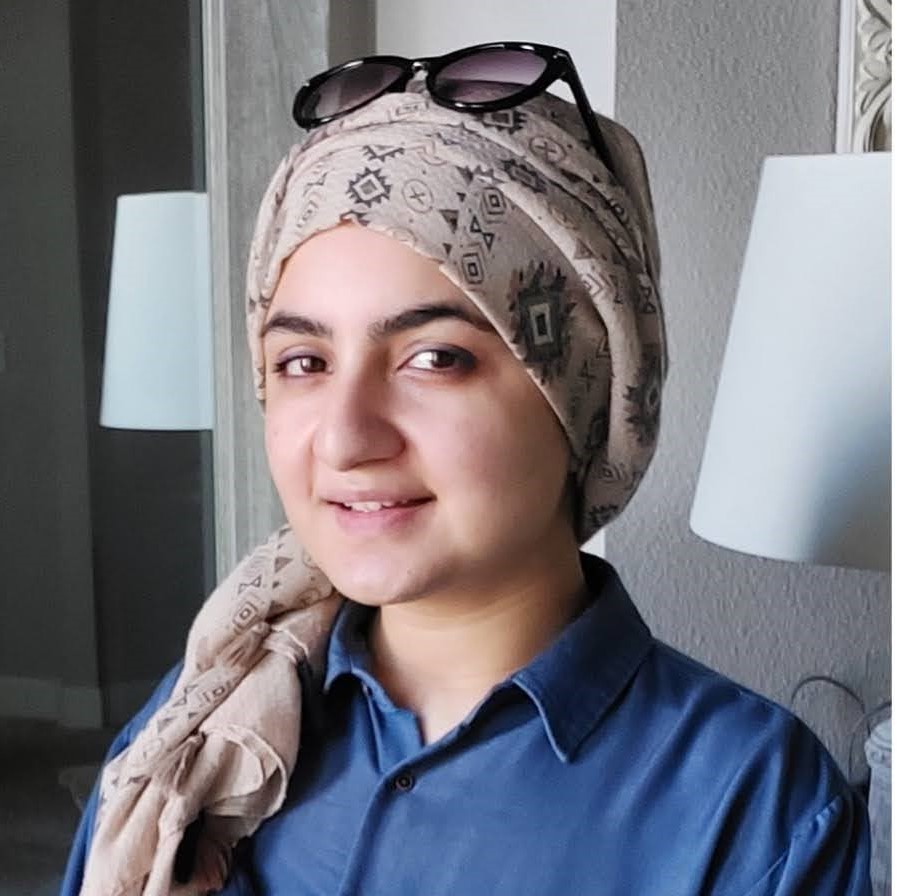
Sahara Ali
Air Quality Cluster
Sahara (she/her/hers) is PhD student in the Information Systems Department at University of Maryland Baltimore County. Her research work revolves around the application of deep learning and causal discovery for studying effects of climate change on Polar Amplification using spatiotemporal remote sensing data. Presently, she is working on multi-scale deep learning techniques to forecast sea-ice variations in the Arctic as part of an NSF-funded HDR project. Formerly, she has worked on the evaluation of tropical cloud simulations between CMIP6 models and satellite observations. Sahara also contributed towards an ongoing study on cloud and aerosol detection using deep domain adaptation. Outside of academics and research, Sahara has been a TEDx speaker; she serves as the Graduate Senator at UMBC’s Graduate Student Association (GSA) and has been volunteering as a student organizer at ICML for two years now.
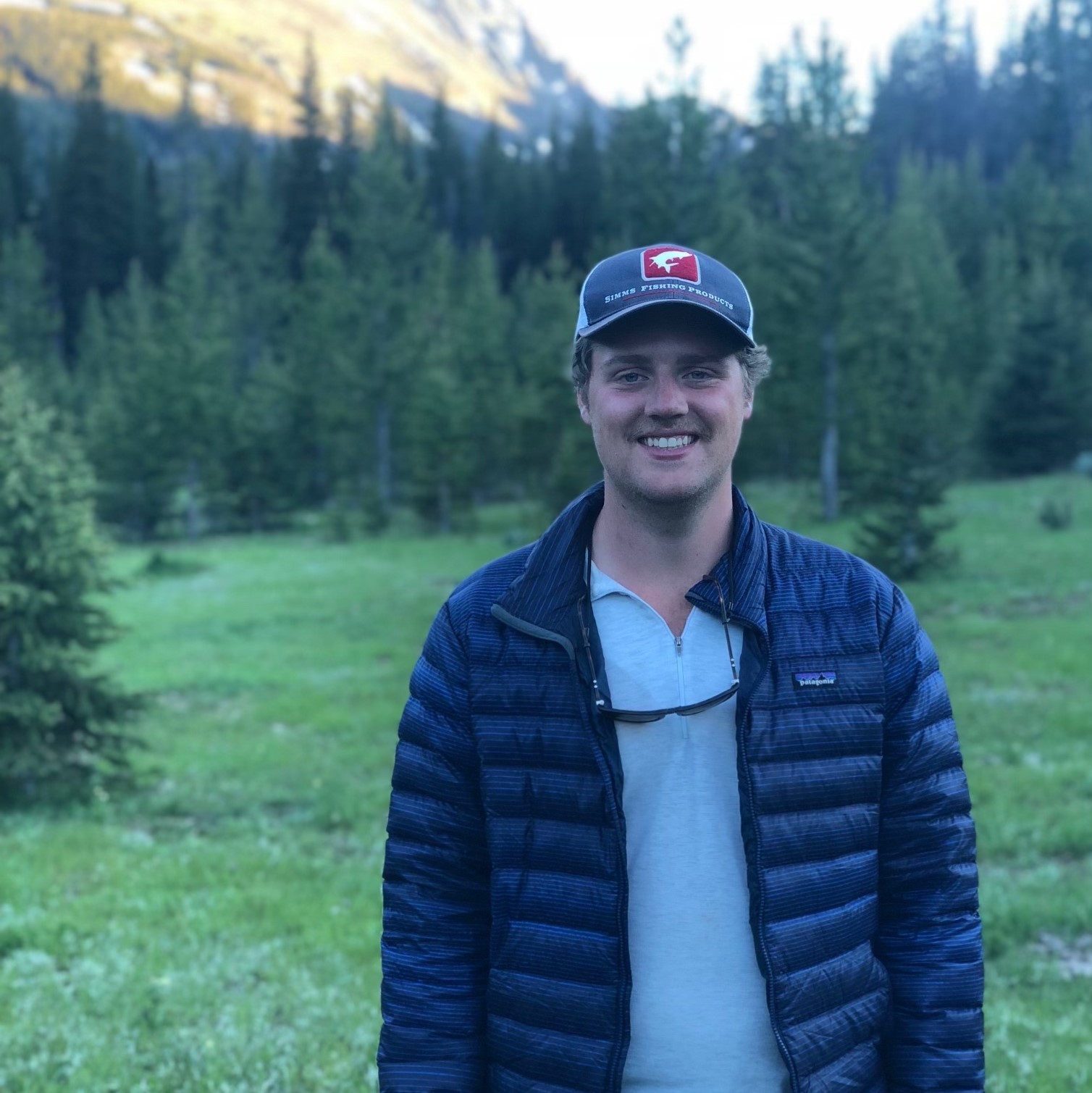
James (Jake) Gearon
Envirosensing Cluster
James (Jake) Gearon is a PhD student in sedimentology and remote sensing at Indiana University and holds a B.S. and M.S. in geology from the University of Texas at Austin. Broadly, he is a sedimentologist focused on marrying big-data analytics, remote sensing, geostatistics, and sedimentology to investigate the surface—and past surfaces—of the earth. His research centers around uses and combinations of large datasets, novel and established analytical methods, and old-fashioned fieldwork to constrain surface processes, including multi-scale sedimentary dynamics, landscape evolution, ecogeomorpholgy, critical zone processes, depositional architectures, and sediment-water interfaces in both modern and ancient settings.
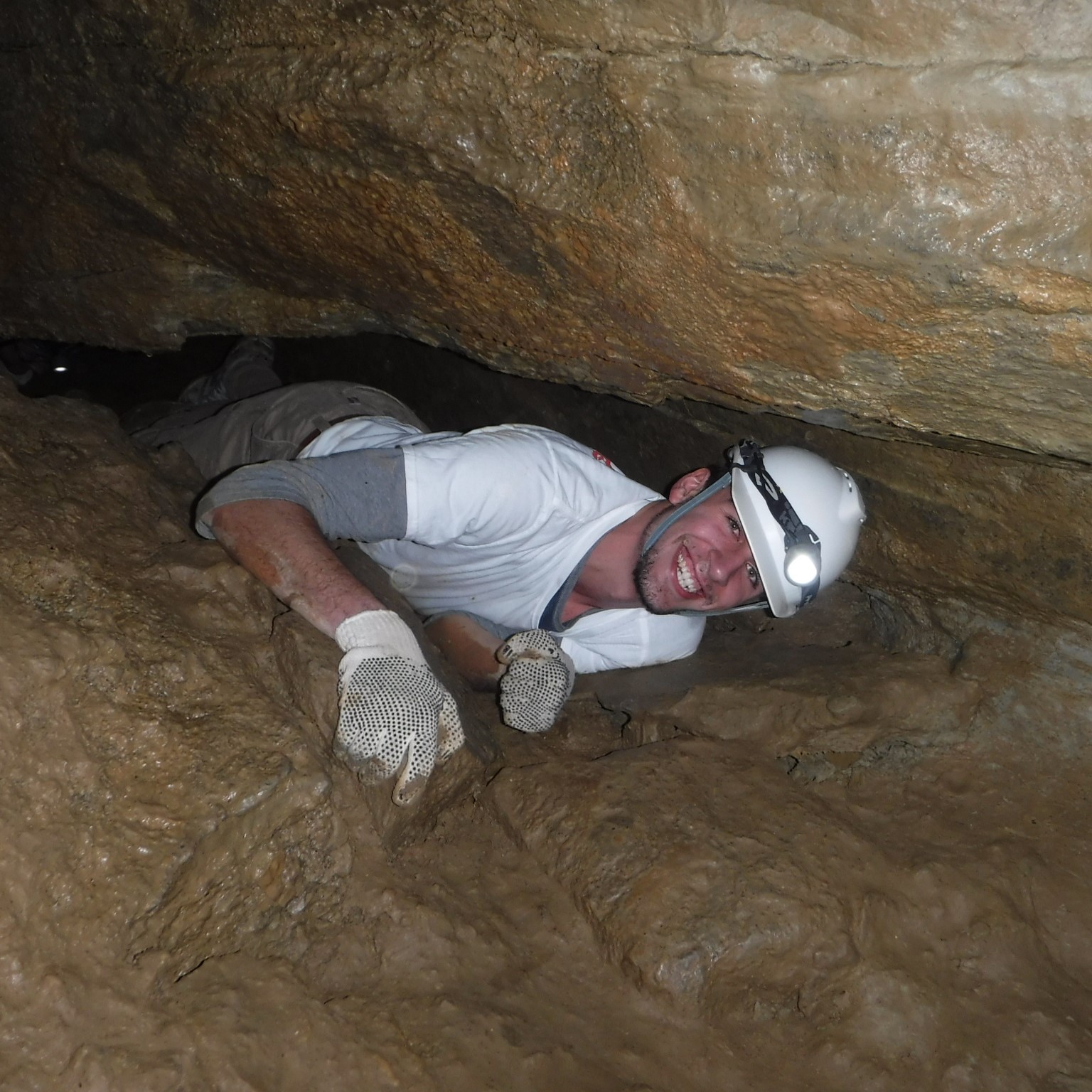
Daniel Segessenman
Data Stewardship Committee
Daniel is a PhD student in the Geoscience Department at the University of Wisconsin-Madison. His research has centered around compiling, quantifying, and analyzing the spatial, temporal, and physical data of any rock that has an Ediacaran age (635-541 million years ago; aka ‘the dawn of animals’) on North America. More generally, he is interested in applying data science approaches to investigations of ancient Earth systems evolution to better understand how processes in Earth’s past have influenced the modern expression of the physical rock record and the evolution of life on Earth. He has a passion for learning about Earth history, rock-hounding, and fossils. As a part of the ESIP community, Daniel hopes to learn how to create and maintain accessible, living datasets that are available to current and future researchers in Earth sciences.
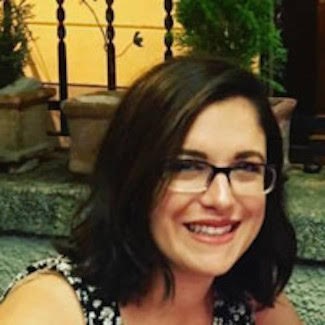
Morgan Wofford
Community Resilience Cluster
Morgan Wofford is a Ph.D. student at the School of Information, University of Michigan. She is interested in how we create equitable and culturally meaningful access to data while minimizing intentional and unintentional misuse. Her current research draws on digital ethnography to understand how communities evaluate and reuse earth science data from open data repositories. She holds a B.S. in wildlife biology from the University of California, Davis, and an MLIS from the University of California, Los Angeles.
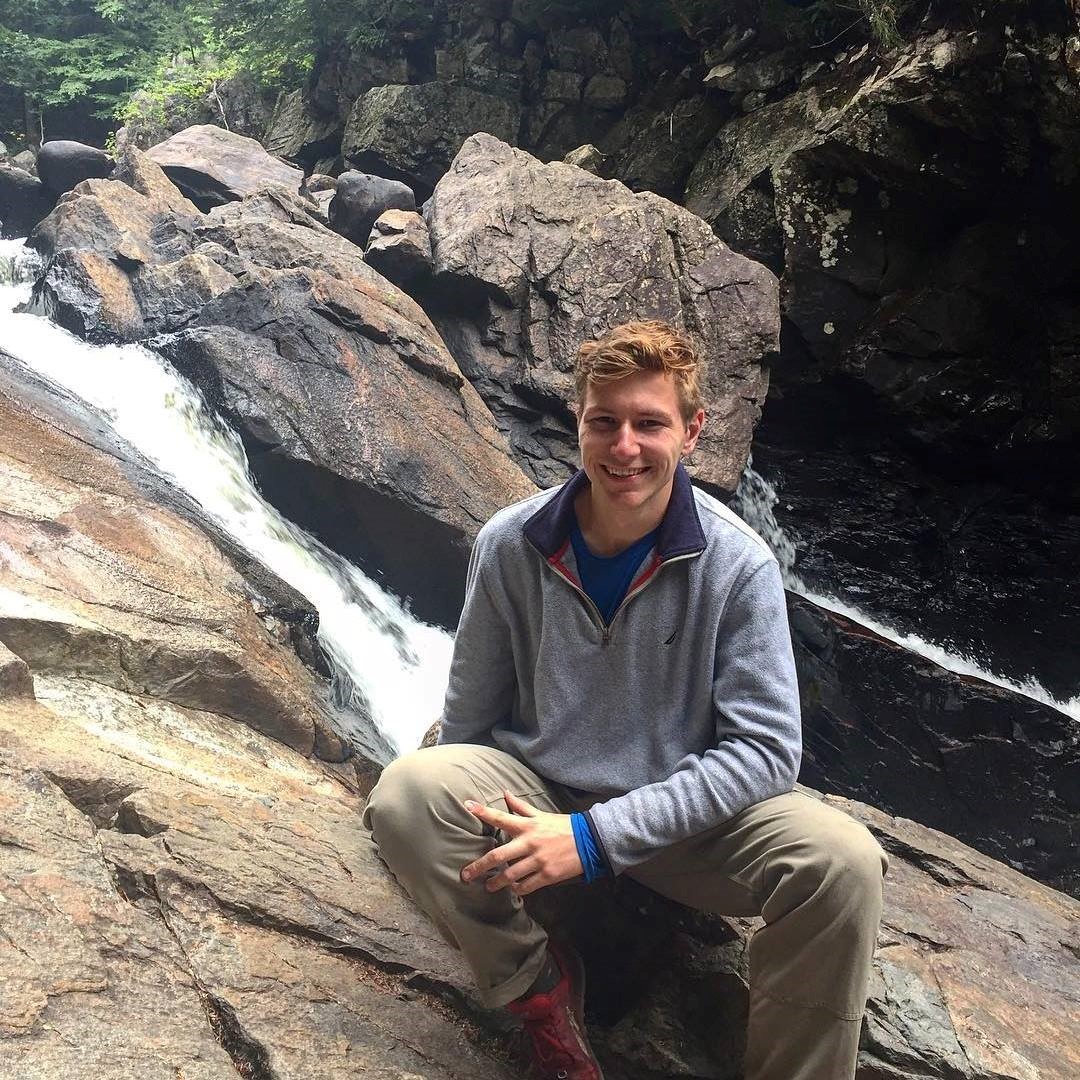
Mike Mahoney
Machine Learning Cluster
Mike is a PhD student at SUNY College of Environmental Science and Forestry (ESF), focusing on predictive modeling and visualization with a focus on natural systems. His current work focuses on using game engines as GIS to visualize landscapes in 3D and VR as a method for scientific communication and outreach. Mike additionally serves on the Carpentries' Geospatial Advisory Committee, and is a part of the Climate and Applied Forest Research Institute at ESF where he develops machine learning models to predict current and historical forest biomass across New York State to help quantify forest carbon sequestration over time.
Ready to be a 2023 ESIP Community Fellow?
The applications for the Community Fellow program roll out in early fall. Watch for the announcement in the weekly ESIP Update (sign up at esipfed.org/subscribe) and on the ESIP social media channels @ESIPfed.
Community Fellows become engaged in ESIP collaboration areas as rapporteurs, documenting group activities on monthly telecons and at ESIP Meetings. As fellows become more familiar with collaboration area activities they may choose to integrate their own research, which can result in publication and additional funding opportunities.


